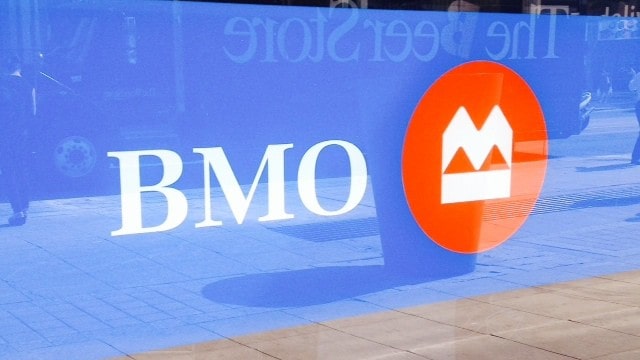Aurora Cannabis Inc. (TSX:ACB) announced June 26 that Bank of Montreal (TSX:BMO)(NYSE:BMO) was extending a $200 million debt facility in the form of a $150 million term loan that matures in 2021 along with a $50 million revolving credit facility that also matures in 2021.
Imagine that; a financing deal that doesn’t involve major shareholder dilution. Perhaps this debt thing could really catch on.
I don’t know who should be more worried.
Should it be CVS Health Corp. (NYSE:CVS) because Amazon.com, Inc. (NASDAQ:AMZN) acquired online pharmacy PillPack, or Canaccord Genuity Group Inc. (TSX:CF) because one of Canada’s largest banks is honing in on its marijuana action?
If the movement of stock prices is any indication, investors are far more concerned about the damage Amazon is going to do to the drug store chains — the big three U.S. chains, which includes CVS, collectively lost US$11 billion in market cap on the news — then the $200 million financing deal BMO’s arranged with Aurora.
Seriously, though, if you own Canaccord stock, there’s reason to be more than a little nervous. If you’re a BMO shareholder, however, it’s just the latest reason to own this bank stock.
Here’s why
As Canadian banks go, I rank BMO as the second-best investment of the Big Five behind only Canadian Imperial Bank of Commerce and ahead of Toronto-Dominion Bank, Bank of Nova Scotia and Royal Bank of Canada –in that order.
Perhaps I’ll do a future article as to why I feel this way, but for now, let’s just stick with BMO and the qualities it possesses that puts it in my top two.
This isn’t the first time I’ve mentioned BMO’s interest in the marijuana industry. Last October, I wrote about how BMO had banking relationships with several Canadian marijuana companies, including Aphria Inc., providing it with a first-mover advantage on potential future financing business.
‘Lo and behold, a $200 million debt deal with Aurora turns up that could go as high as $250 million if all business conditions are met. If you own Aurora stock, you’ve got to be happy about the news, because the deal puts the stamp of approval on its business.
Sure, a $200 million loan is chump change for a bank that had $100.3 billion in commercial loans outstanding at the end of the first quarter in Canada and another US$53.2 billion in the U.S., but the bank had enough foresight and openness to engage the marijuana industry, thereby developing real relationships that will most definitely pay dividends in the long term.
Bravo, Darry White.
What else is going on at Big Blue
As you might be aware, BMO is the second-largest ETF provider in Canada with 32% market share behind only iShares. Like the marijuana business, the bank got into the ETF industry in 2009, long before the growth surge we’ve experienced in recent years.
Again, kudos to them for recognizing where the investing marketplace was heading.
In May, it announced the launch of four actively managed ETFs — its first offerings that weren’t passive in nature. BMO is looking to take its game to another level in the ETF arena, which is an amazing thought given it has ETF assets under management that are eight times larger than the other four big banks … combined.
The company’s wealth management business, of which ETFs are a part, might not be as large as its personal and commercial banking operations, but it definitely helps retain banking customers.
Consider the ETF business a profitable loss leader.
The bottom line on Bank of Montreal
Data breaches aside, if I didn’t like CIBC so much, BMO would be my number one Canadian bank to own.
If you own BMO stock, I’d expect more marijuana debt-deal announcements in the near future.
 2-for1 Sale
2-for1 Sale







